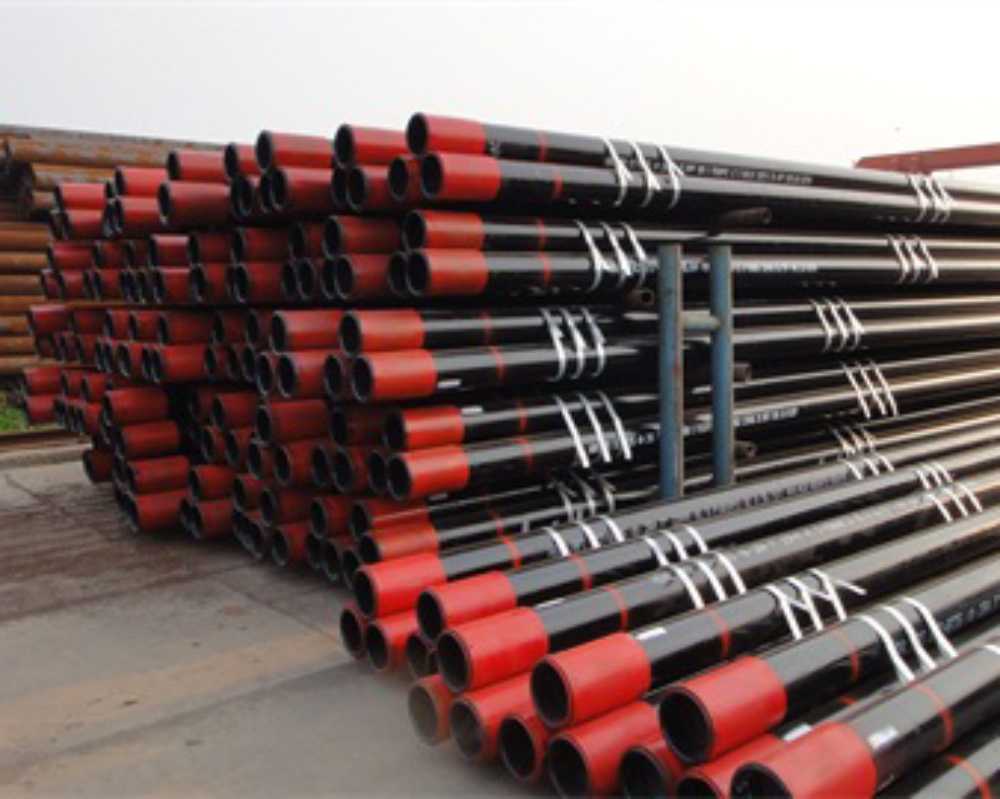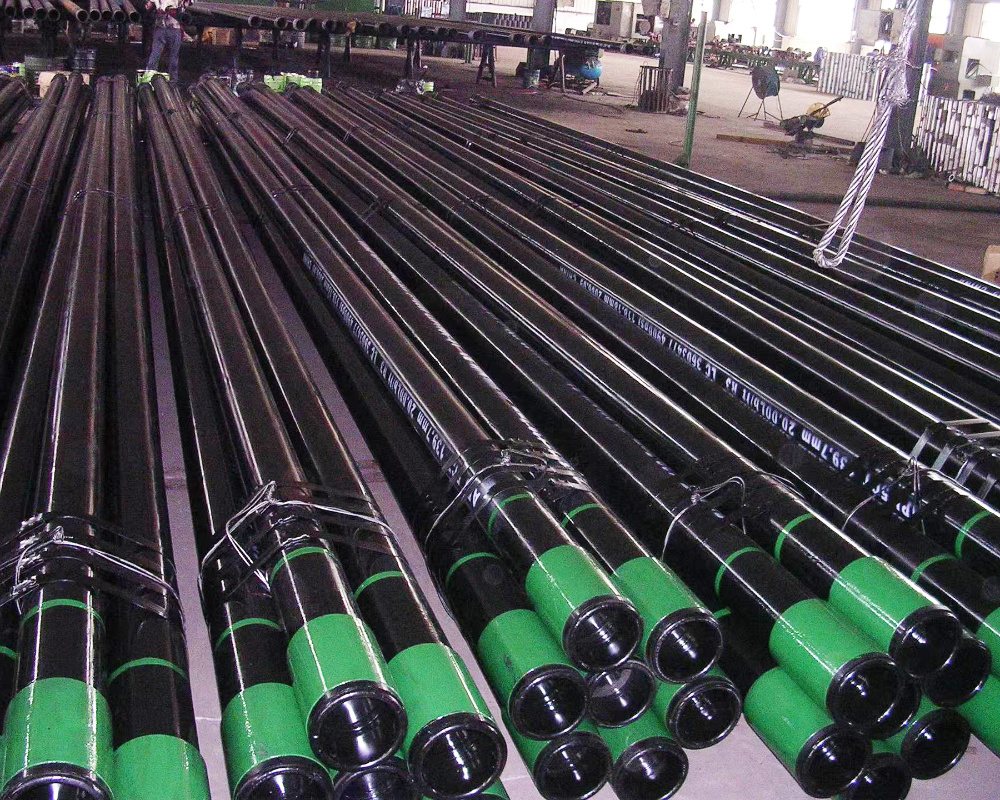Insulated PEX Pipe: A Game Changer for Modern Wood Boiler Installations
Insulated PEX Pipe: A Game Changer for Modern Wood Boiler Installations
Table of Contents
1. Introduction to Insulated PEX Pipe
2. Benefits of Using Insulated PEX Pipe
3. Applications of Insulated PEX Pipe in Wood Boiler Systems
4. Installation Process of Insulated PEX Pipe
5. Maintenance Tips for Insulated PEX Pipe
6. Comparing Insulated PEX Pipe to Traditional Piping
Insulated PEX Pipe: A Game Changer for Modern Wood Boiler Installations
Table of Contents
- 1. Introduction to Insulated PEX Pipe
- 2. Benefits of Using Insulated PEX Pipe
- 3. Applications of Insulated PEX Pipe in Wood Boiler Systems
- 4. Installation Process of Insulated PEX Pipe
- 5. Maintenance Tips for Insulated PEX Pipe
- 6. Comparing Insulated PEX Pipe to Traditional Piping
- 7. Cost Analysis of Insulated PEX Pipe
- 8. Environmental Impact of Using Insulated PEX Pipe
- 9. Frequently Asked Questions
- 10. Conclusion
1. Introduction to Insulated PEX Pipe
In the realm of modern heating solutions, **insulated PEX pipe** has emerged as a revolutionary product, particularly for wood boiler installations. This adaptable piping option combines flexibility, efficiency, and durability, making it an ideal choice for both residential and commercial applications. Unlike traditional metal piping, insulated PEX pipes offer superior thermal insulation capabilities, which help in maintaining optimal water temperatures while reducing energy consumption.
With a growing trend towards sustainable heating methods, understanding the advantages and applications of insulated PEX pipe in wood boiler systems is essential for homeowners and contractors alike. This article delves into the many aspects of insulated PEX pipe, shedding light on its benefits, installation processes, maintenance requirements, and overall impact on modern heating systems.
2. Benefits of Using Insulated PEX Pipe
Insulated PEX pipe boasts several advantages that make it a game changer for wood boiler systems. Here, we outline the key benefits:
2.1 Superior Insulation
The primary advantage of insulated PEX pipe is its exceptional insulation properties, which minimize heat loss during water transport. This efficiency leads to better performance and lower energy costs.
2.2 Flexibility and Ease of Installation
Insulated PEX pipe is remarkably flexible, allowing for easier routing through tight spaces and around obstacles. This flexibility reduces the need for additional fittings, cuts installation time, and minimizes potential leaks.
2.3 Resistance to Corrosion and Scale Buildup
Unlike metal pipes, PEX does not corrode or scale over time. This feature ensures a longer lifespan and consistent performance, making it a wise investment for homeowners.
2.4 Lightweight Design
The lightweight nature of insulated PEX pipe simplifies transport and installation. Installers can handle larger quantities without the risk of injury, streamlining the entire process.
2.5 Cost-Effective Solution
While the initial investment in insulated PEX pipe may be higher than traditional options, the long-term energy savings and reduced maintenance costs often make it a more economical choice overall.
3. Applications of Insulated PEX Pipe in Wood Boiler Systems
Insulated PEX pipe is versatile and can be employed in various applications within wood boiler systems, including:
3.1 Hydronic Heating Systems
Insulated PEX pipe is ideal for hydronic heating applications, where hot water circulates through pipes to heat spaces efficiently.
3.2 Radiant Floor Heating
Many modern wood boiler installations utilize radiant floor heating systems. Insulated PEX pipe effectively delivers heat under flooring surfaces, providing comfort and reducing reliance on traditional heating methods.
3.3 Snow Melting Systems
In regions with heavy snowfall, insulated PEX pipe can be employed in snow melting systems to keep driveways and walkways clear, enhancing safety and convenience.
4. Installation Process of Insulated PEX Pipe
The installation of insulated PEX pipe can be straightforward if approached methodically. Below is a step-by-step guide:
4.1 Planning the Layout
Before installation, carefully plan the layout of the piping system. Consider factors like the location of the wood boiler, the distance to heat distribution points, and any obstacles.
4.2 Cutting the PEX Pipe
Use a PEX pipe cutter to ensure clean cuts. Measure accurately to avoid excess pipe, which could complicate the installation.
4.3 Connecting Fittings
Utilize compatible fittings designed explicitly for PEX pipes. Ensure that connections are secure to prevent leaks.
4.4 Insulation Installation
If the PEX pipe is not pre-insulated, add insulation sleeves to enhance thermal efficiency. Pay particular attention to areas prone to cold exposure.
4.5 Testing the System
Once installed, run a pressure test to ensure there are no leaks. This step is crucial for ensuring system reliability and safety.
5. Maintenance Tips for Insulated PEX Pipe
Maintaining insulated PEX pipe is crucial for ensuring longevity and performance. Here are some essential maintenance tips:
5.1 Regular Inspection
Routine inspections can help identify issues before they escalate. Look for signs of wear, leaks, or damage.
5.2 Monitor Water Quality
Ensure the water quality in your wood boiler system remains high. Poor water quality can lead to scale buildup and reduce system efficiency.
5.3 Flush the System Periodically
Flushing your hydronic heating system regularly helps remove sediment and debris, ensuring smooth operation.
6. Comparing Insulated PEX Pipe to Traditional Piping
Comparing insulated PEX pipe with traditional piping options reveals significant differences:
6.1 Thermal Efficiency
Insulated PEX pipe outperforms traditional metal piping in thermal efficiency due to its insulation, which significantly reduces heat loss.
6.2 Installation Complexity
Insulated PEX pipe’s flexibility simplifies installation compared to rigid metal pipes, which often require more fittings and labor.
6.3 Longevity
While metal pipes can corrode over time, insulated PEX pipes are resistant to such issues, resulting in a longer lifespan.
7. Cost Analysis of Insulated PEX Pipe
Understanding the cost implications of insulated PEX pipe is vital for decision-making:
7.1 Initial Investment
The upfront cost of insulated PEX pipe is generally higher than traditional alternatives. However, this should be weighed against long-term savings.
7.2 Installation Costs
Due to its ease of installation, labor costs may be lower with insulated PEX, offsetting some of the initial expenditure.
7.3 Long-Term Savings
The energy efficiency and low maintenance requirements of insulated PEX pipes often lead to significant savings over time, making them a cost-effective solution.
8. Environmental Impact of Using Insulated PEX Pipe
Incorporating insulated PEX pipe into wood boiler systems contributes positively to environmental sustainability:
8.1 Reduced Energy Consumption
By minimizing heat loss, insulated PEX pipe helps reduce overall energy consumption, which can lower carbon footprints.
8.2 Sustainable Materials
Many insulated PEX pipes are manufactured from recyclable materials, further enhancing their eco-friendliness.
8.3 Supporting Renewable Energy
Using insulated PEX pipe in wood boiler systems supports the shift towards renewable heating solutions, promoting sustainable energy practices.
9. Frequently Asked Questions
What is insulated PEX pipe?
Insulated PEX pipe is a type of flexible plumbing pipe designed with insulation to minimize heat loss, making it ideal for various heating applications, particularly in wood boiler systems.
How does insulated PEX pipe compare to traditional piping?
Insulated PEX pipe offers superior thermal efficiency, ease of installation, and resistance to corrosion compared to traditional metal piping.
Can insulated PEX pipe be used for outdoor applications?
Yes, insulated PEX pipe is suitable for outdoor applications such as snow melting systems, provided it is correctly insulated to prevent freezing.
How long does insulated PEX pipe last?
With proper installation and maintenance, insulated PEX pipe can last over 50 years, making it a durable option for plumbing systems.
Is insulated PEX pipe safe for drinking water?
Yes, many insulated PEX pipes are certified for safe drinking water use, ensuring they meet health and safety regulations.
10. Conclusion
Insulated PEX pipe represents a transformative development in modern wood boiler installations, offering numerous advantages over traditional piping alternatives. With its superior insulation, flexibility, and cost-effectiveness, it enhances the efficiency and sustainability of heating systems. By understanding its benefits, applications, and maintenance requirements, homeowners and contractors can make informed decisions that lead to optimal performance and long-term savings. Embracing insulated PEX pipe is not just a smart choice; it is a commitment to a more sustainable and efficient future in wood heating technology.
TAG:
Related Posts
Understanding Carbon Steel Seamless Pipes: Essential Insights for Construction Professionals
Carbon steel seamless pipes are an integral component in the construction and decorative materials industry, particularly in the realm of building pipes. These pipes are manufactured without seams, which makes them highly durable and reliable for various applications. Understanding their properties, advantages, and applications can greatly enhance decision-making for professionals in the field.
On









